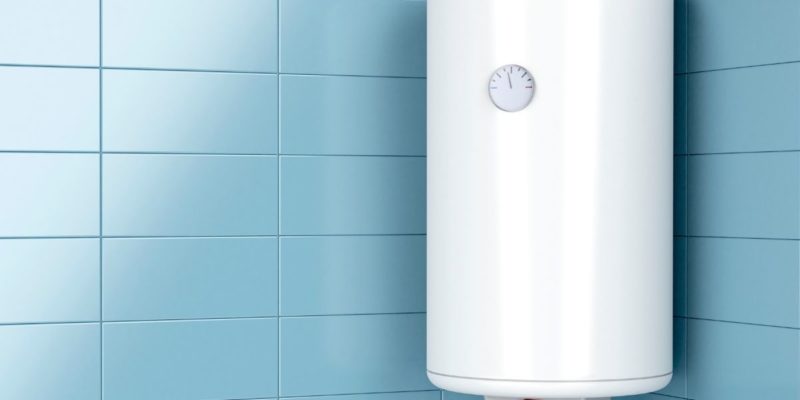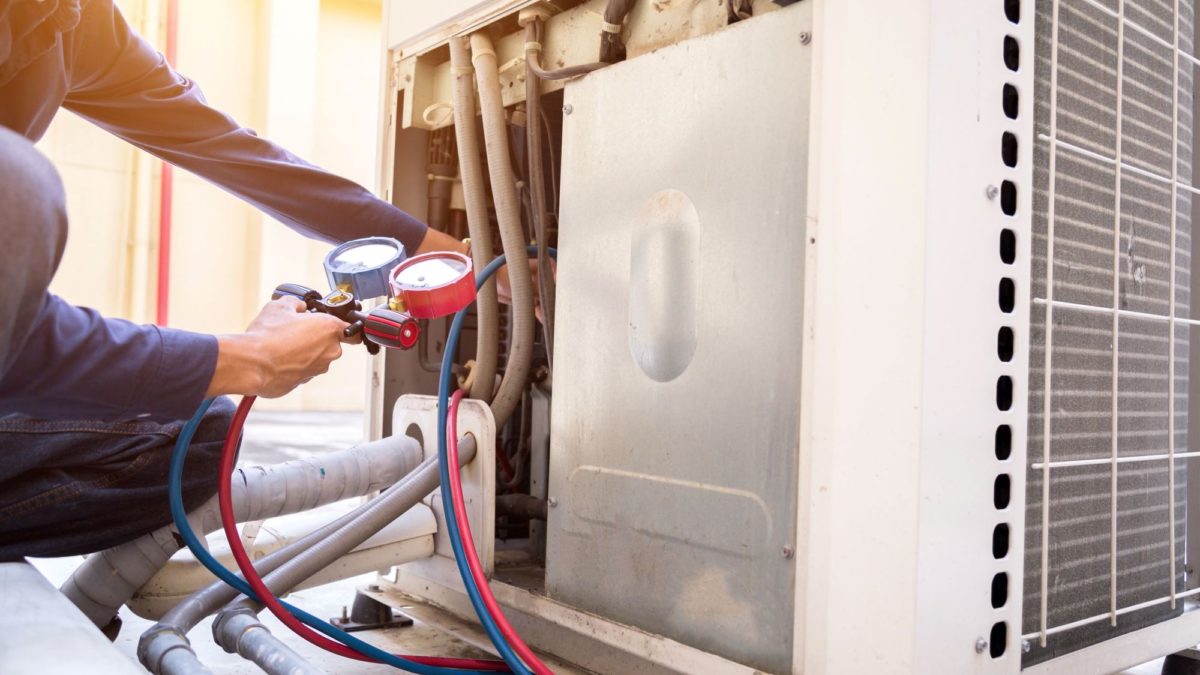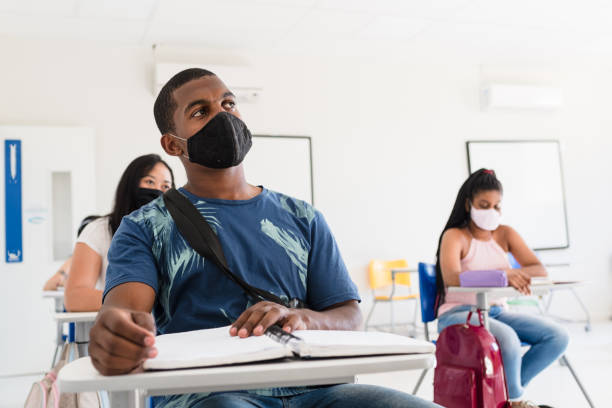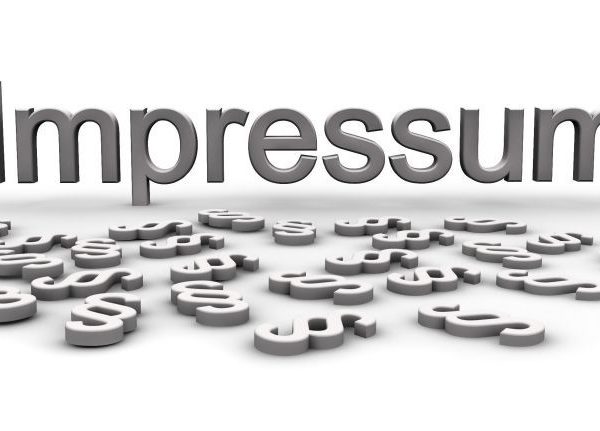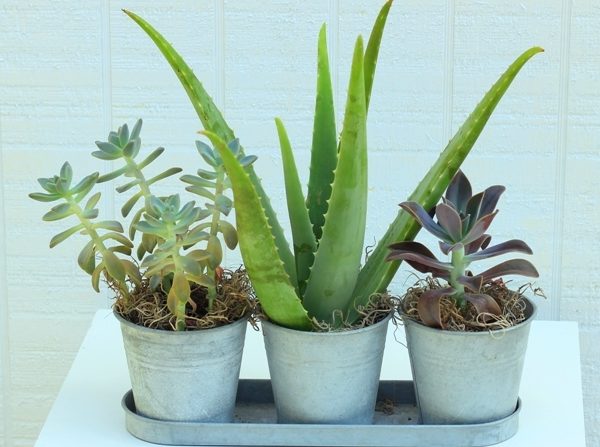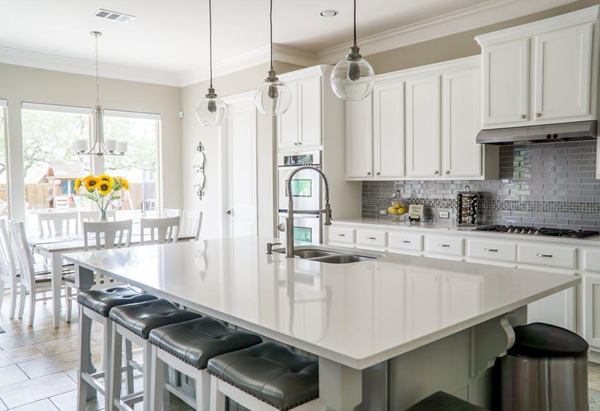FAQs about the hot water heaters
There are many signs that your water heater is not working as it should. Of course, there are the obvious Beecroft Plumber where you do not get hot water for your shower or the unpleasant appearance of a water pool in the basement.
If you have encountered problems with the water heaters, or if you think there may be something rare in their performance, we have it.
Read on for complete ventilation of the ten most frequently asked questions about water heaters and commercial plumbing service.
How can I keep hot water?
Reducing your use of water heating can help you save money on your heating bills. There are some easy ideas you can do.
Start by getting low-flow showerheads. Also, be sure to continue to maintain the water heating to eliminate any build-up, as well as check the performance of the water heater.
Is it recommended to put drainage pans under a water heater?
It depends on where the water heater is placed.
If the water heater is in enclosed spaces such as an interior cabinet or attic, it is strongly recommended to have sheet metal pans under the water heater. This way plumbers in Beecroft, are moderately protected in case of leakage.
What considerations do you suggest when you do the sizing of a replacement water heater?
Getting the right size for a new water heater will depend on a few factors.
- Are you always happy to receive the same amount of hot water or are you looking for a greater capacity of hot water?
- Are you planning to move shortly? It’s a good idea to consider what a potential buyer would like to see in your home given its size.
Also, you will need to consider your position on energy and water conservation issues.
What is the best water heater to buy?
Same rule as previous questions. It will depend on your needs and budget. Here are some of the primary factors you need to examine.
- Future water demand
- Size and use of your home
After doing some research, you will be able to choose the right water heater for your home. You will find that regular water heaters will be in a range of sizes ranging from 30 gallons to 100 gallons.
Also, there are different types of water heaters on the market. You can choose Plumber Rouse Hill for water heaters that run on gas, electricity, propane, and even high-efficiency water heaters.
Why do my water heaters smell bad?
Smell water is not pleasant to treat. However, there are multiple benign causes of water that have an unpleasant odor coming out of your water heater.
Everything has to do with the mineral compound in the water supply that interacts with the inside of your water heater and gas plumber Sydney.
Depending on the chemical content of your water, you may have hydrogen, sulfur, and bacteria reacting to each other, causing this “rotten egg” smell.
Usually, the smell should be weak. Also, the magnesium anode rod protects the surface of the tank, however, it could react slightly with hydrogen, which can also create an odor once it comes into contact with sulfur or water.
What is the best temperature setting?
You will find that most water heaters come with a preset temperature directly from the manufacturer. Usually, water heaters will be set around 120 °F.
If you have a slightly old water heater, you will find that there are no specific parameters of degree. However, you can still set the thermostat in the middle and it is ready to go.

